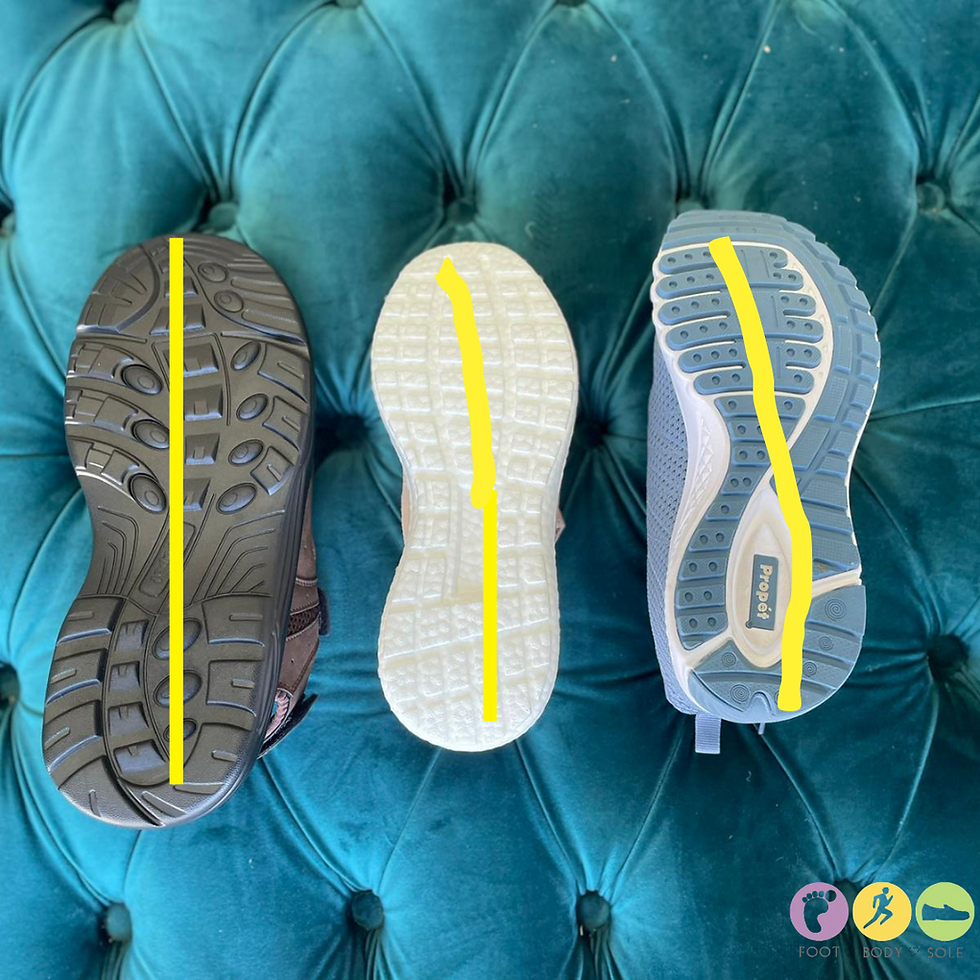Hyperkeratosis
- Foot Body Sole
- Dec 27, 2019
- 2 min read

Thick skin?
We’ve got this!
What is hyperkeratosis?
Hyperkeratosis is the thickening of the outer layer of the skin.
Common types of hyperkeratosis
Callus: a flat large area of hyperkeratosis
Corns: a small localised area of hyperkeratosis that can sit deeper within the skin - can often be painful
Why does it occur?
The thickening of the skin is a normal response to pressure, irritation or rubbing and acts as a protective layer for the underlying tissue. It commonly occurs on high pressure area’s underneath the feet such as the balls of the feet, big toe joints and heels.
When can it become a problem?
- Hyperkeratosis may be painful if there is too much pressure
- If the skin is thickening up to protect itself it may lead to further rubbing and pressure
- Hyperkeratosis can be a problem for people with diabetes as it may act as a foreign body and damage the underlying, healthy skin. This can lead to complications such as ulceration.
How can a podiatrist help?
- A podiatrist can assist in a number of ways! Hyperkeratosis is a common occurrence within the podiatry world.
- Sharp debridement/enucleation: podiatrists use tools to scrape or cut out the hyperkeratosis, it may sound scary but this method is often pain free and an instant relief!
- Pressure offloading: podiatrists can assist in ways to reduce the hyperkeratosis from growing by redistributing the pressure on your feet. This can be done a number of ways and includes; orthotic therapy, toe props, padding, strapping, taping.
- Footwear education: consider whether your shoes fit adequately, this will include checking depth, width, length and even fixation - if your feet aren’t being held within the shoe properly, increased movement may lead to further rubbing and pressure. A podiatrist can ensure your shoes are fitting adequately and can help with areas of rubbing.
If this is something you’re suffering from, contact one of our friendly podiatrists today by clicking the link below or call 1800 778 316!









Comments